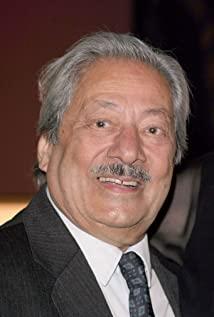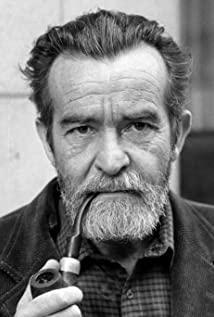Let’s start by briefly reviewing the religions of India.
In India, religion has penetrated into all aspects of people's lives, and even Indian politics is closely related to religion, just like the West in the Middle Ages, but now Western religion and politics are basically separated. Indians mainly believe in Hinduism and Islam. Hinduism is developed from Brahmanism. It is mainly a caste system, which mainly divides people into different classes. Women are in a completely disadvantaged position, and they are still in a position to this day (many of Aamir Khan’s movies are mapped The problem of religion in India, the weakness of women in "Oh My God" and "Wrestling, Dad"); Islam originated from Muhammad, and its classic is the "Koran". The British rulers took advantage of India's religious issues, tribal discord and other issues to rule India with a few people.
During the British rule, Mahatma Gandhi adopted the method of "non-violence and non-cooperation" (using self-sacrificing actions to contrast the brutality and ugliness of the ruler and oppressor, using the noble to contrast the humble, and letting the other party wake up and repent) to strive for national independence, pay attention to , This method is not the fundamental reason for the independence of the Indian nation, but after independence, the two major religions in India began to fight, and finally Islam created Pakistan, and Jinnah was the father of the country. Because Gandhi supported interreligious reconciliation and was very merciful to Islam, he was finally assassinated by Hindu extremists. It is also a bit ironic that Indians who are Hindus assassinated their own father.
Gandhi's classic quote is: When I despair, I remember that in history only truth and love can prevail. There are many tyrants and murderers in history. They may be invincible in the short term, but they will always fail in the end. Think about it, it will always be like this. This sentence is also Gandhi's answer to the question "Would such non-violent methods be used if the intruder was Hitler?" Let me comment on Gandhi's words. He is indeed a great man. He was willing to shed blood for national independence. He insisted on "non-violence and non-cooperation" and influenced others. However, I always find his non-violent non-cooperation a bit shameful, that is, he does not accept or reject, there is no very clear point of view, in short, this kind of non-violent resistance is extremely in the interests of the ruler, so the British ruler does not Kill Gandhi. If India, like China, united and resisted the aggressors by force, as China resisted the Japanese, then there would be an unprecedented national unity, and a sense of resistance rather than just submission would be fostered. Less than the problem is the most deadly. The most important thing is that there will not be various religious issues later due to peaceful independence, which can be compared to the Kuomintang and the Communist Party after the victory of the Anti-Japanese War (just my own guess, maybe religious issues and party issues are different).
View more about Gandhi reviews









